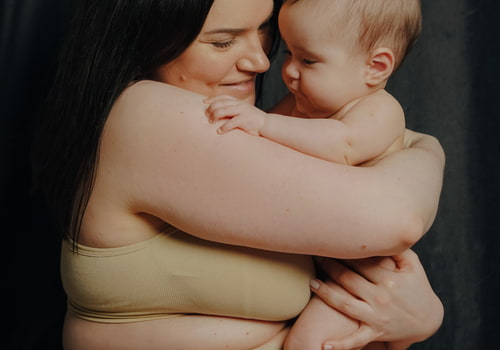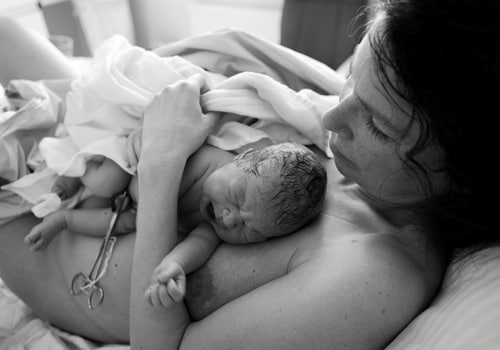Were you aware that some postpartum obesity consequences can be quite severe in nature? Considering the fact that up to 14 percent of all women will gain a significant amount of weight after giving birth, it is wise to take a closer look at this condition.
What causes postpartum obesity? Are there any specific risk factors and can a newborn baby be affected by weight gain? We will examine these and similar topics in greater detail so that you can appreciate why maintaining a healthy body mass index is important.
Who is at Risk of Gaining a Significant Amount of Postpartum Weight?
Similar to obesity in general, there are several variables which will make it more likely to gain weight during and following pregnancy. These include:
- A higher body mass index (BMI) before becoming pregnant.
- A history of depression, anxiety or similar mood disorders.
- A lower socioeconomic status.
- A younger age.
- Being a cigarette smoker.
Of course, genetics can also influence whether or not a woman gains a significant amount of weight after giving birth. This is why those who have a family history of obesity should always pay close attention to their bodies while pregnant.

Common Consequences of Postpartum Obesity
We are all aware that obesity can lead to a host of potentially serious health issues. For the sake of this article, we will be instead focusing on how the BMI of a mother can potentially impact the health of her child. There are three primary concerns to address before moving on.
Heart Issues
It has been shown that postpartum weight gain can be linked to both high blood pressure and elevated levels of cholesterol. Children who exhibit these symptoms at relatively young ages are more likely to suffer from cardiovascular-related issues as they progress into adulthood.
Respiratory Problems
Obesity has always been associated with an increased risk of developing specific respiratory problems. Two possible outcomes that could impact the health of a child include asthma and obstructive sleep apnoea (OSA).
Emotional Consequences
There are many emotional issues which have been tentatively linked to obesity. Feelings of isolation, anxiety and low levels of self-esteem are three common examples. Let’s also remember that children who are overweight will be more likely to become obese adults.

Direct Impacts Upon the Health of a Fetus
It is also crucial to remember that a fetus relies upon its mother for nutrients while in the womb. Therefore, the health of an unborn child can be adversely affected. Risks include an increased chance of suffering from chronic illnesses, a high birth weight, premature births, and in some cases, stillbirths.
However, we should also point out that postpartum obesity consequences can be just as serious from a long-term perspective. Are there any ways in which new mothers can maintain a healthy weight?
Tackling Postpartum Weight Gain
Obesity is a very real epidemic and this is just as relevant when referring to new mothers. The good news is that science and technology are now able to provide a host of viable solutions. From the weight loss benefits associated with the Spatz3 adjustable gastric balloon to consulting with a nutritionist after giving birth, it is indeed possible to look and feel healthy.
The postpartum obesity consequences outlined above should never be taken lightly and yet, there are plenty of ways in which you can avoid their long-term impacts.


